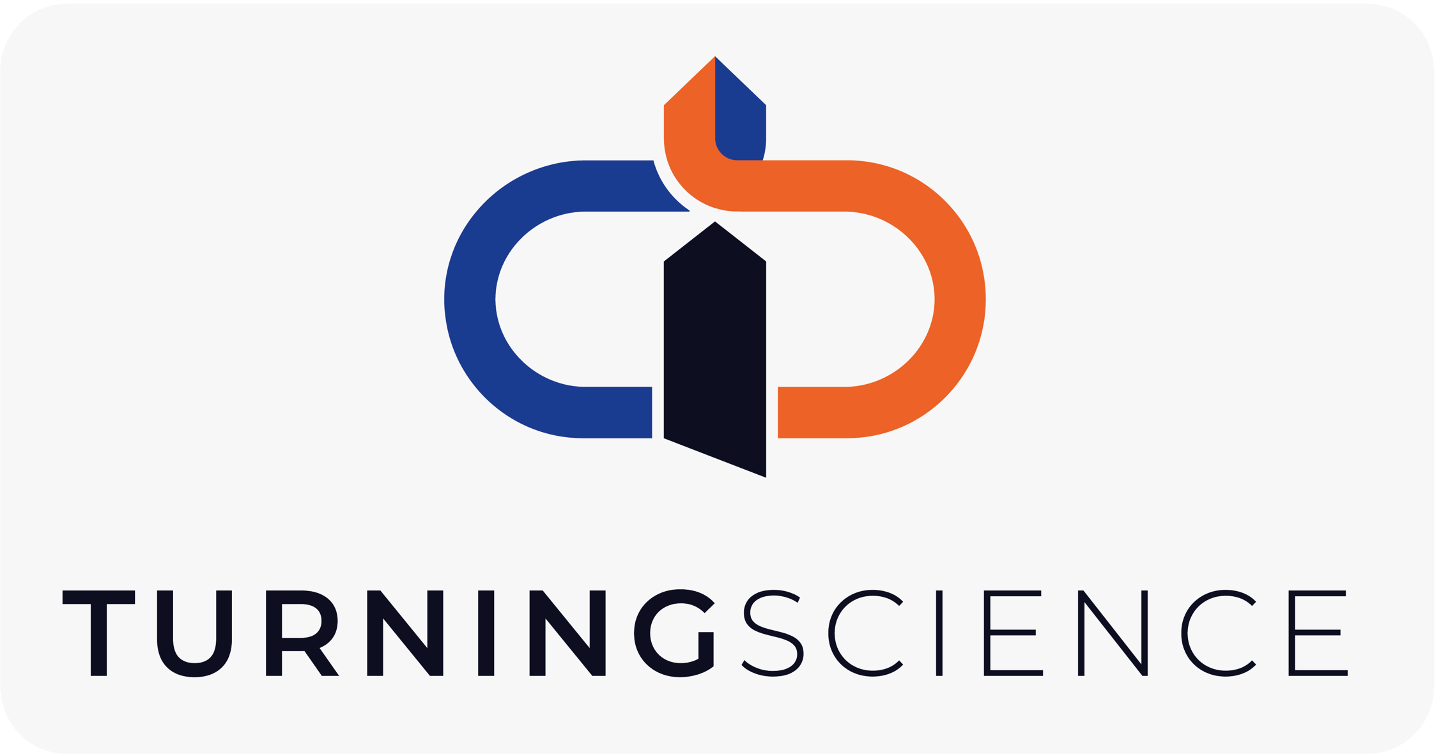How I got a job (by ignoring most companies)
My first job search was slow and painful…
…until I narrowed my search!
Not what you expected? Me either.
As I approached the completion of my PhD in physics, I started looking for a job in industry.
I was excited to get my first job, and I figured that with my broad technical background and a PhD in physics, there was a wide range of jobs I could do well.
Versatile is good…right?
I pursued companies that were developing products and technologies ranging from laser printers, to vacuum hardware for scientific applications, to polarization control optics.
I felt proud to tell people that I was versatile and ‘open to anything!’
But as I talked with people at each new company, I found myself fumbling for a clear and powerful statement of exactly how I could help them.
That experience was very confusing to me. After all, I was a PhD scientist with years of lab experience and a deep knowledge of the physical sciences. Wasn’t that enough??
Nope. Not even close.
For months my job search produced no results.Decisions with no ‘right’ answer
What’s more, in business, most decisions have no ‘right' answer. That means even an infinite amount of data will not give you certainty.
As scientists, we often struggle with the idea of decisions that have no right answer.
After all, that's the career we signed up for - tackling the mysteries of the universe with a laboratory and the scientific method to figure out how things work.
Our job in academic research is to find the ‘right’ answer, and we've learned that with enough data and analysis, we can deliver it.
But in industry we are taking those ‘right’ answers we learned in the lab and building a solution to a problem. And that problem brings in all kinds of things that are (currently) far too complex to be predicted such as the future plans of our customer, future economic conditions, and human behavior.
If you want to be successful in industry, you need to be capable of making fast decisions when there is no 'right' answer.
And that’s not easy.
And it was very frustrating.
What would I really enjoy?
Then one day it occurred to me that developing the lasers I used for my PhD project might be a great job.
After working in a laser spectroscopy lab for five years, I understood the technology and the applications. I could list the features I loved and the things that frustrated me the most.
I began reading everything I could get my hands on about the companies in my newly defined target area.
I learned about the new products they were developing and the new features they were promising.
I networked my way to the right people at each company and learned about the big challenges they were facing in getting these new products to market.
And I began to see just how my experience could help them.
Crafting the value proposition
With a little practice I learned to tell the story of how I’d become a laser systems expert during my PhD work. I told them what features I found useful and what I found frustrating, making sure they saw me as a prospective customer, rather than just as a PhD graduate.
And I told them just how excited I was to help develop the next generation of these amazing lab tools I’d used for my PhD project.
Suddenly, my job search experience improved! People started showing a real interest!
Focusing my job search
helped me see a target I could hit
That wonderful first job!
I got my first job developing a semiconductor-based replacement for the temperamental single-frequency tunable dye lasers I’d struggled with for years as a PhD student.
And it was just as awesome as I’d hoped.
I learned so much about product development and technology commercialization in those first few years.
I also learned valuable lessons about what it takes to succeed in industry – lessons I teach now in my work with TurningScience.
And it was all because I chose to narrow my job search and pick a clear target.
You can only aim at one target !
I could never have made the strong impression I did if I’d stayed ‘open to anything.’
But by limiting the number of companies I was targeting, I greatly increased my ability to convince them I could help them.
If you are looking for a job and staying ‘open to anything,’ I strongly encourage you to change your approach.
Define a clear target.
Make it something that excites you.
You will do a much better job researching your target, and you will do a much better job convincing people that you will be an awesome addition to their team.




